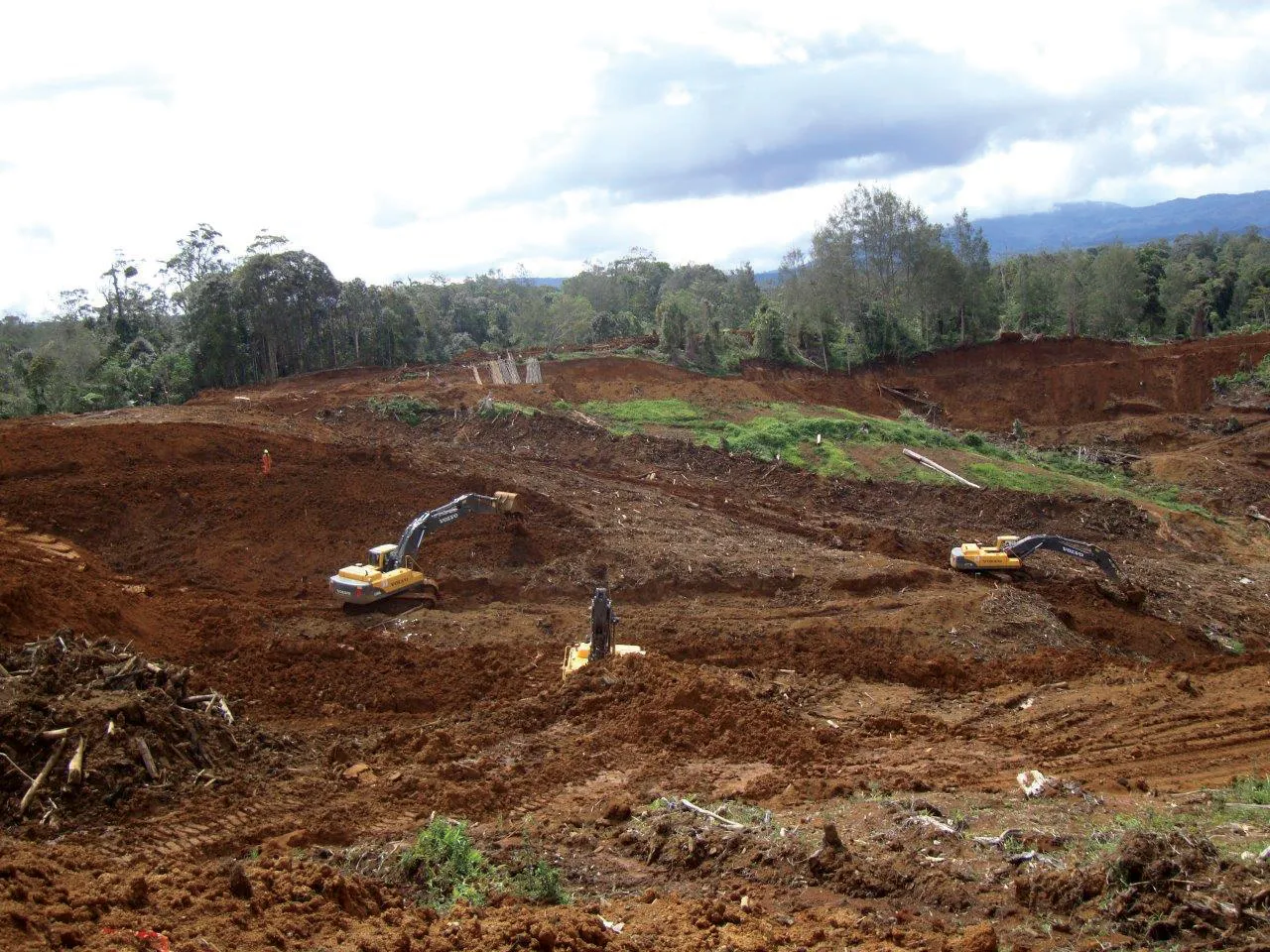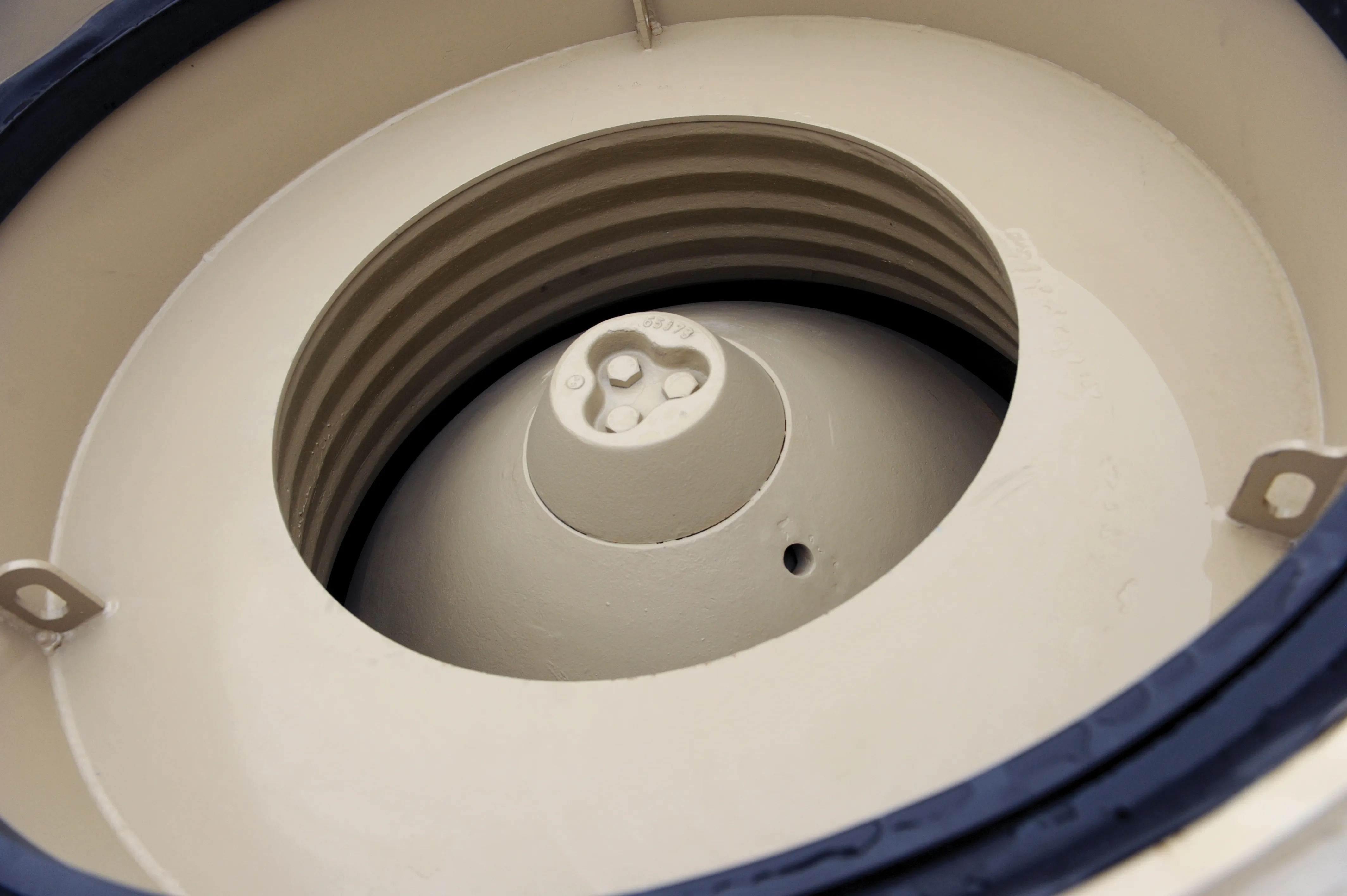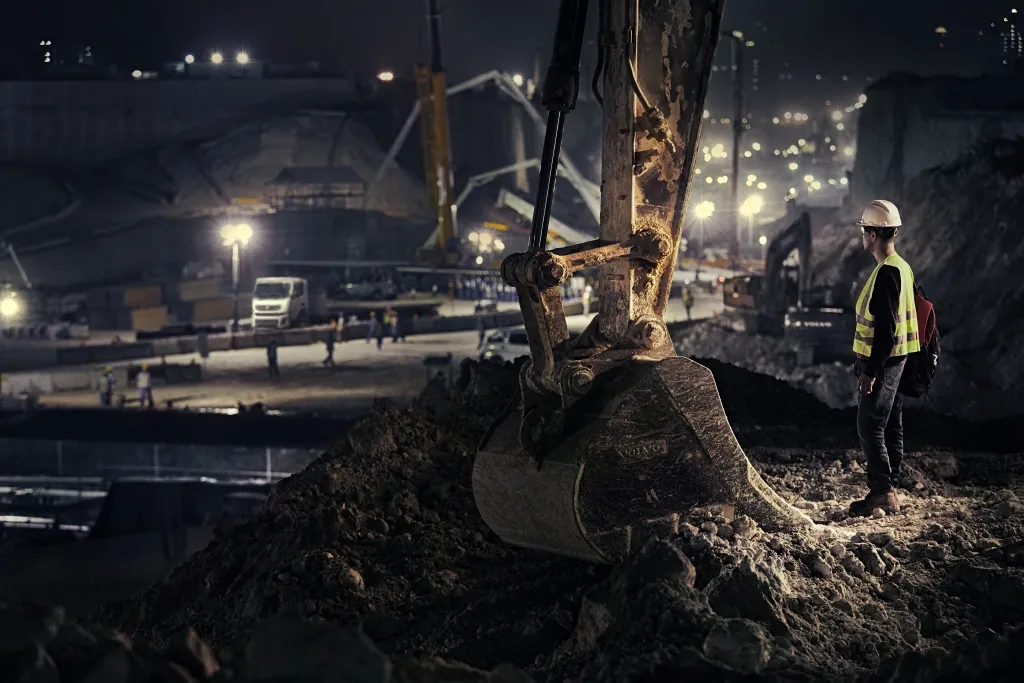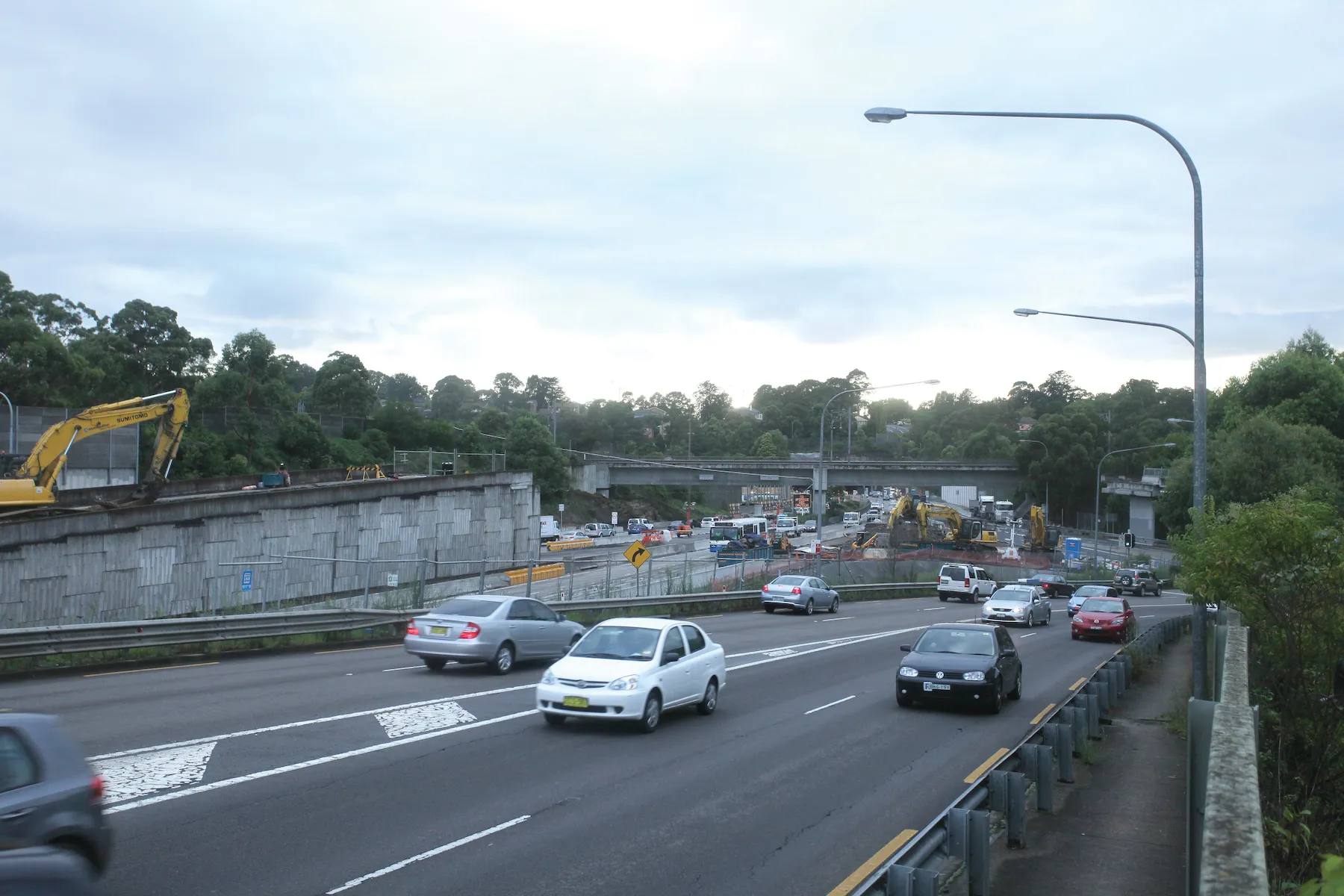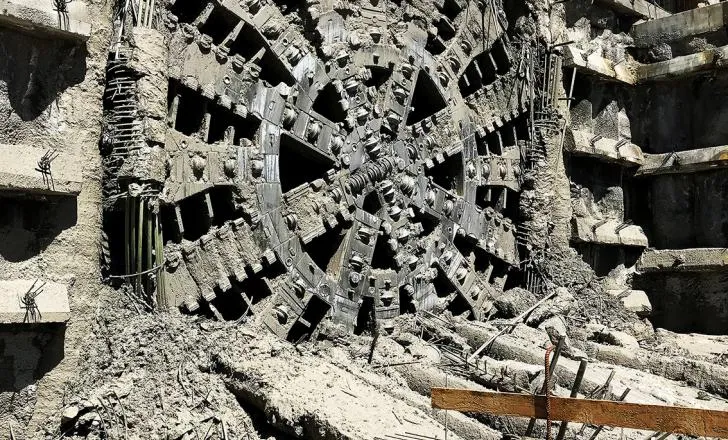
The largest tunnel boring machine (TBM) ever used successfully in Europe has now completed its drive in Italy. The earth pressure balance (EPB) shield TBM features a diameter of 15.87m and was built by Herrenknecht in Schwanau, Southern Germany.
The TBM bored 7,551m for a new highway tunnel through the Italian Apennines. In cooperation with the customer, Herrenknecht designed a new system for the machine, to protect particularly the site crew from the expected methane gas deposits in the ground.
The machine was configured to the specifications of the customer, Pavimental. Working with the contractor, the Herrenknecht team tailored the TBM to the requirements of the project. A key feature was the warning and protection system to reliably protect the site crew against methane gas deposits predicted underground during the advance.
The large three-lane Santa Lucia tunnel newly excavated by the Herrenknecht EPB Shield is a key section of the new A1 highway route between Bologna and Florence. This will replace the old and winding highway with its dangerous curved. The tunnel will reduce the risk of crashes as well as travel times and the fuel consumption the thousands of vehicles that will use the link each day.
Following 12 months of design and assembly, the EPB Shield was ready at Herrenknecht in Schwanau for acceptance by the contractor and representatives of the client, Autostrade per l’Italia.
After the start of tunnelling in July 2017, the Pavimental miners drove up to 122m of tunnel/week through the Apennine mountain range with the 4,800tonne machine. During the long drive over 7.5km, the EPB machine with its large diameter of 15.87 meters excavated a total of around 1.5 million m3 of soil and rock. The TBM has a shield diameter of 15,870mm, an installed power of 8,750kW and was used in geological conditions featuring limestone, marl, siltstone, shale and sandstone.
With the production of the Santa Lucia machine, Herrenknecht beat the existing European record for TBM diameter of 15.55m. It had been held since 2010 by the Herrenknecht EPB Shield for the Sparvo tunnel, also for the expansion of the A1 motorway in Italy.


